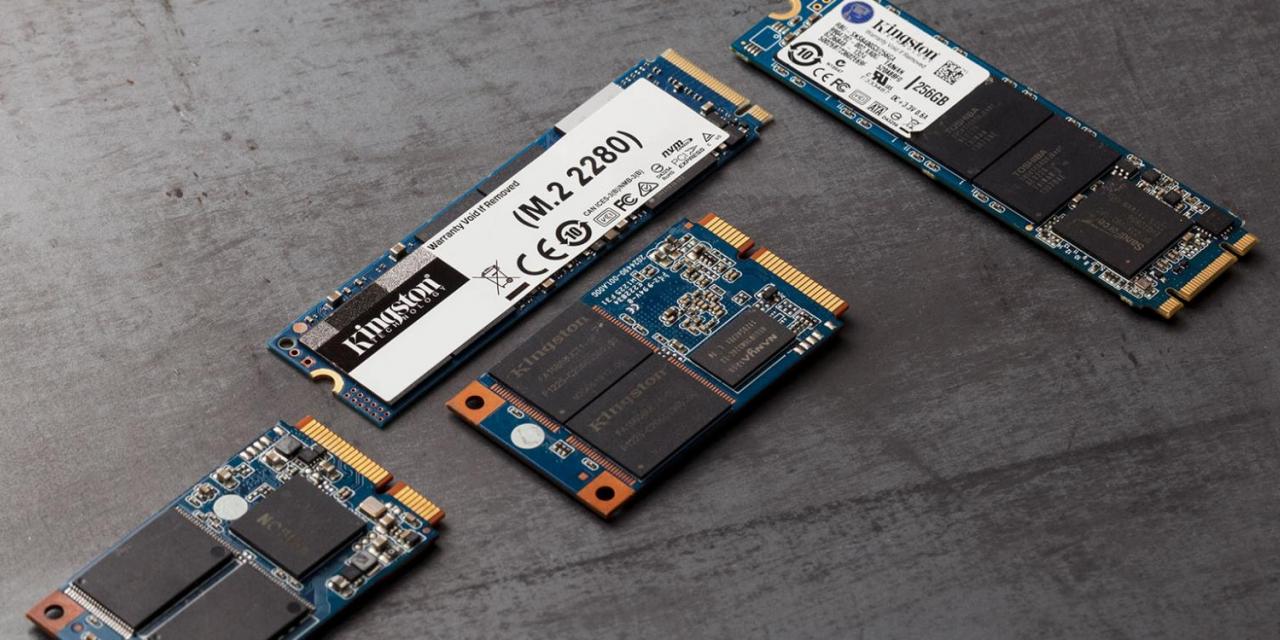
Solid state drives, or SSDs for short, are one of the largest speed upgrades you can make to a computer if it’s still running a sluggish mechanical HDD. PCIe SSDs are about to get even faster, with the additional bonus of having lower power consumption to boot.
Silicon Motion, manufacturer of NAND flash controllers for SSDs, revealed some details of its new controller, the SM2508, at the 2023 Flash Memory Summit, and it’s looking like an impressive piece of kit.
If you’re looking for the headline numbers, the SM2508 is set to offer read/write speeds of a blisteringly fast 14GB/s. The random read and write IOPS numbers are less headline-worthy, but still impressive and important, clocking in at 2.5 million and 2.4 million operations per second. It also supports NVMe 2.0, TLC, and QLC NAND, and an interface speed of up to 3600 MT/s per channel, with eight NAND channels. Those are a whole lot of specs, but suffice it to say that it’s fast.
But while those numbers are impressive, it’s the lower power consumption that’s actually what you should be paying the most attention to. PCIe 5.0 SSDs tend to run hot, which is why they often include cooling solutions, or just great big sheets of motherboard metal to help dissipate heat off as quickly as possible. The reported power consumption of 3.5W for the SM2508 controller is promising, as the controller is the most power-hungry, and therefore hottest, part of an SSD. If Silicon Motion has managed to crack the code on reducing SSD heat, then this could be an enormous upgrade for all SSDs down the line, and might mean faster SSDs in form factors like notebooks, where heat can be a much larger issue than with a desktop PC.
Unfortunately, that upgrade doesn’t seem to be in evidence yet, as the prototype of a SM2508 drive was spotted at Computex by a PC Gamer writer, who noted the presence of an extremely large watercooler around the drive. However, this may have been a much earlier concept, and may not have even been functional.
